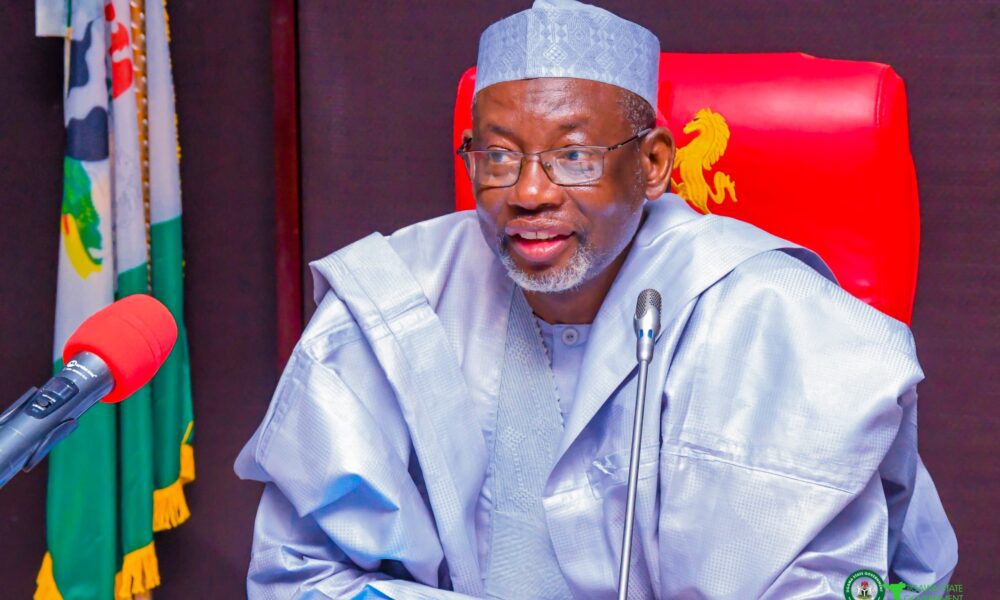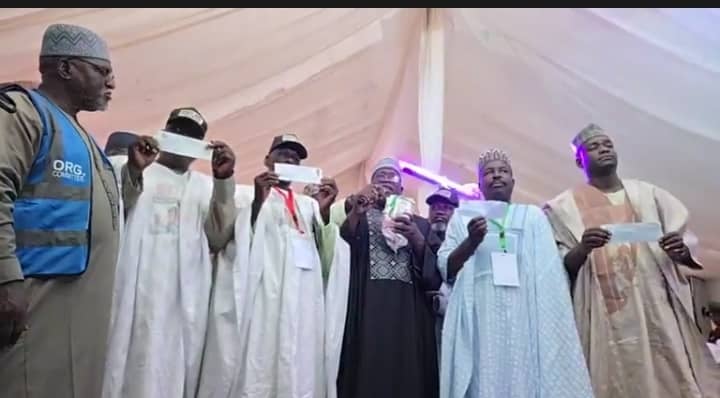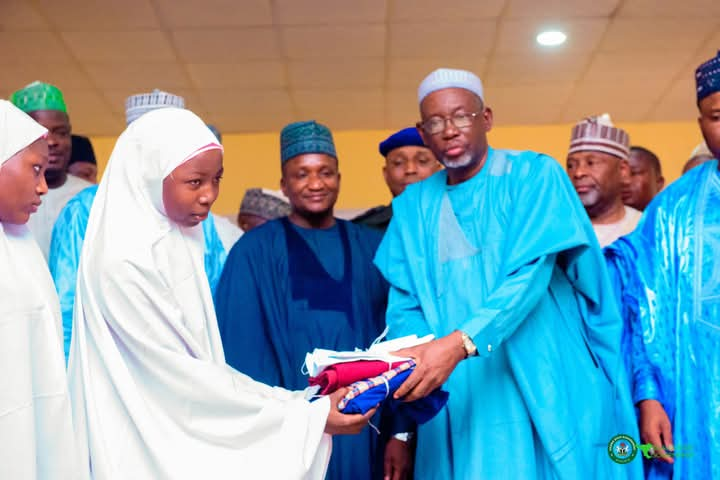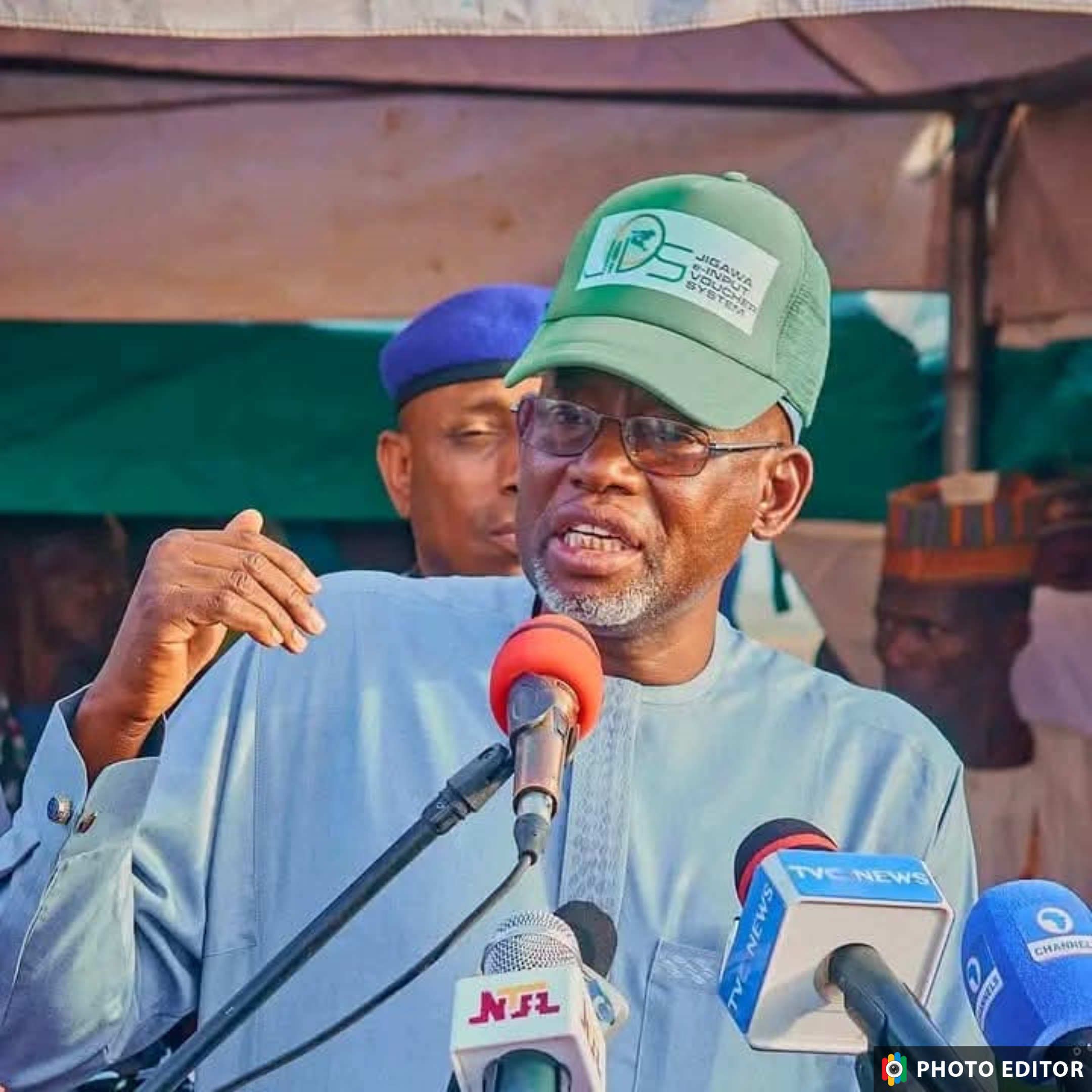By Ahmed Rufa’i
The recent analysis of Jigawa State’s 2024 health sector budget has triggered debates among stakeholders, revealing concerns over governance priorities and systemic inefficiencies in budget implementation.
While only 18 out of 33 capital health projects received funding between January and September, observers are questioning whether the shortfall reflected deeper administrative challenges or strategic fiscal planning by the state government.
The findings, presented by the Jigawa Health Partners and supported by the Foreign Commonwealth Development Office (FCDO), underscored significant discrepancies between planned and actual expenditures in the health sector.
The report highlighted a troubling trend of low budget performance, delays in project submissions, and reallocations of funds from capital to recurrent expenditures, raising alarms about the government’s commitment to health development.
Proponents of the administration argue that the adjustments in spending priorities were necessitated by economic realities and pressing demands for recurrent expenditure, including salaries and other operational costs. “Given the fiscal constraints, reallocating funds to recurrent expenses ensured the smooth functioning of essential services,” said a senior government official who preferred anonymity.

The Jigawa State Maternal, Newborn, and Child Health Accountability Forum (JiMAF) highlighted that despite a rise in overall budget performance to 45.6%, critical health projects, such as psychiatric hospitals, ophthalmic units, and family planning programs, were left unfunded.
Critics contended that the situation undermines the Abuja Declaration, which recommended allocating at least 15% of state budgets to health.
Local advocacy groups and Civil Society Organizations (CSOs) voiced frustration over the inconsistent funding pattern.
“The gaps in funding are not just figures on paper they translate to real-life consequences for our communities, especially in rural areas,” said Comrade Isah Mustapha, JiMAF’s executive director.
Recommendations from stakeholders included enforcing stricter adherence to procurement plans, ensuring quarterly releases of funds, and prioritizing transparency in budget revisions. They also emphasized the need for timely reporting by ministries and departments to improve accountability and performance tracking.
Analysts believe the budget’s performance could influence political narratives in the state ahead of future elections. While some see it as evidence of fiscal prudence in challenging economic times, others view it as a failure to prioritize health, an area critical to human development.
In response to the report, the state government reaffirmed its commitment to improving health infrastructure.
“We recognize the challenges, and we are working on measures to address them, including timely releases of funds and strengthening monitoring mechanisms,” stated a spokesperson for the Ministry of Health.
As debates continue, the focus remains on whether the state can reverse the trends in time to deliver on its health commitments before the fiscal year ends. For many residents of Jigawa, the outcome could determine not just the health of the economy but the health of the people.




